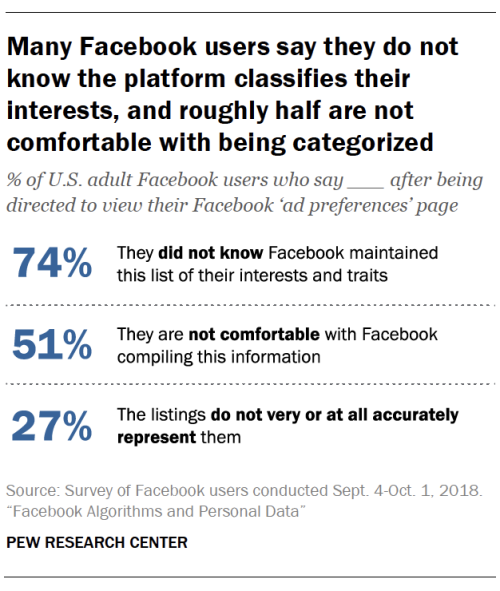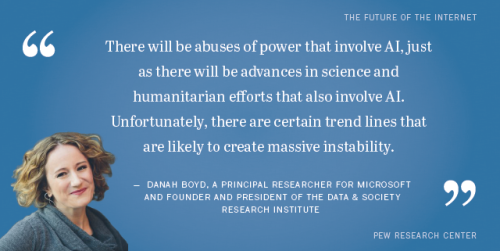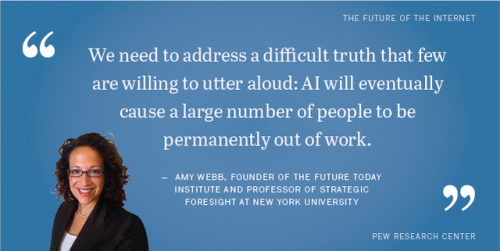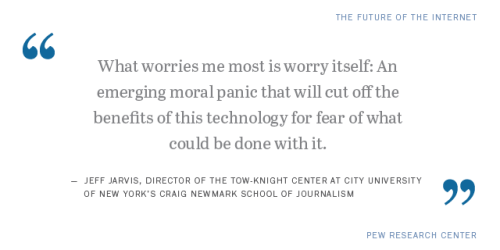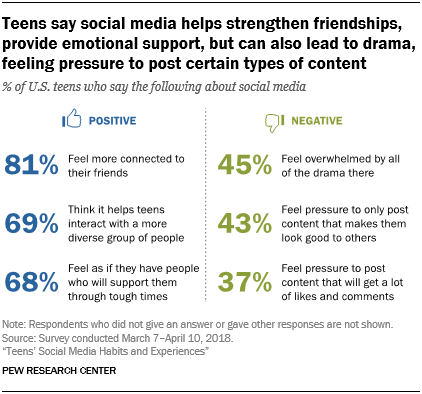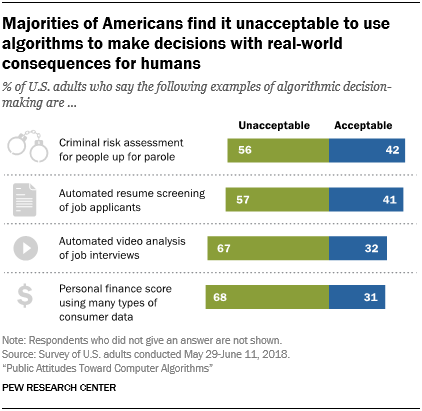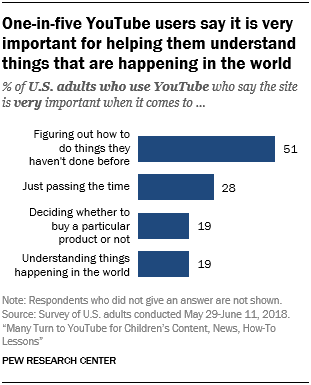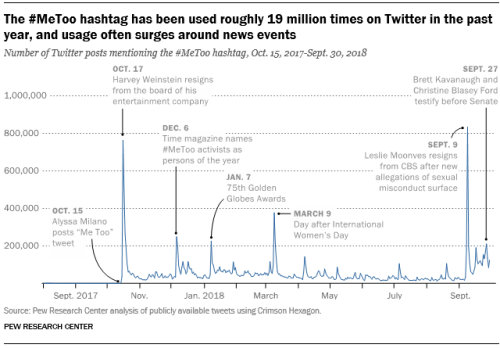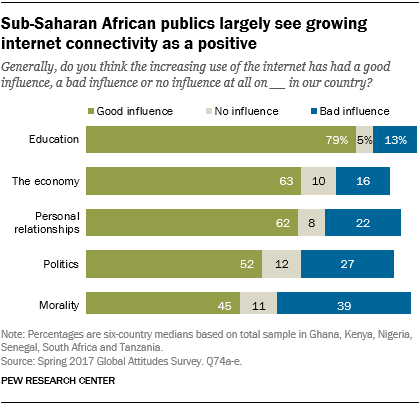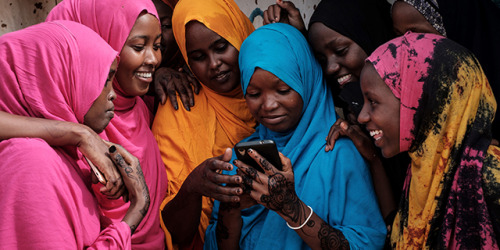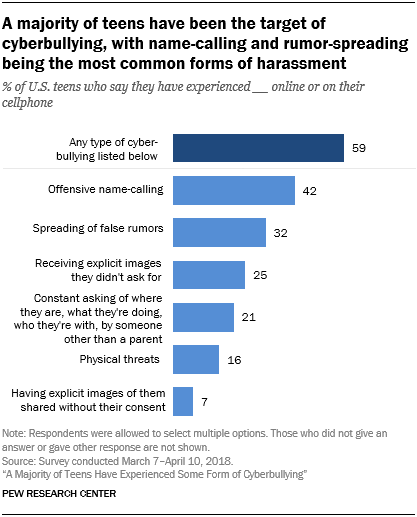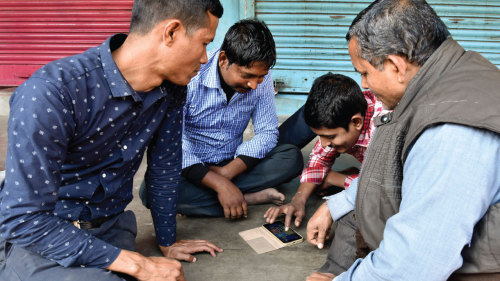
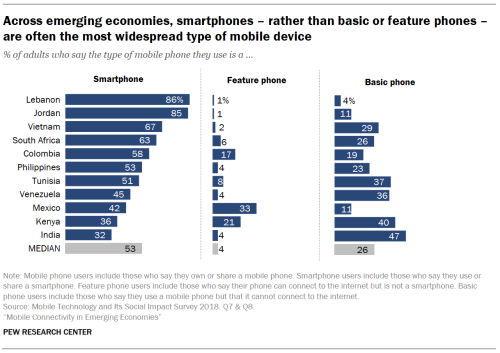
The vast majority of adults in 11 emerging and developing countries own – or have access to – a mobile phone of some kind. Our survey of 11 such nations finds a median of 53% of adults that now have access to a smartphone capable of accessing the internet and running apps. People in emerging nations are generally more likely to say mobile phones have had a mostly good impact on society and their own personal lives than to say the same of social media.
Mobile Connectivity in Emerging Economies
from Pew Internet http://pewinternet.tumblr.com/post/183564543779
